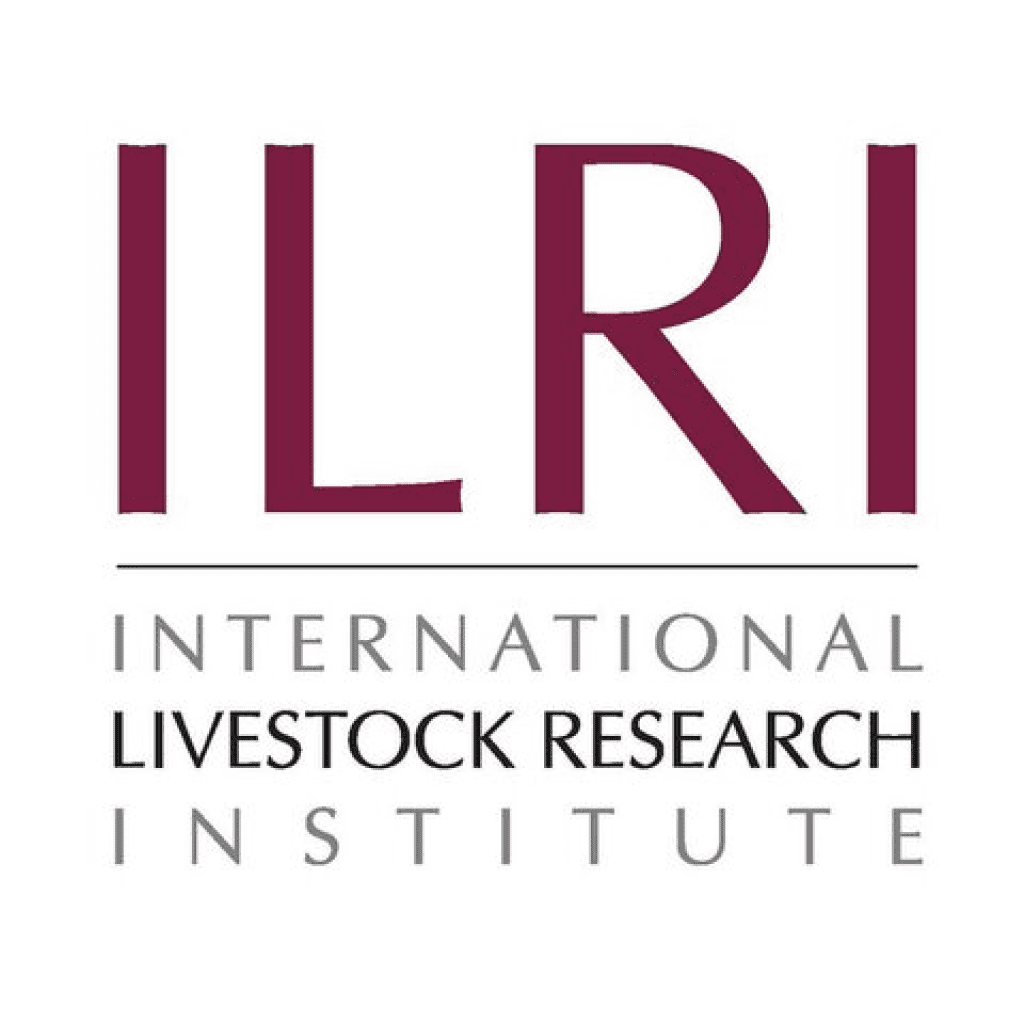In a bid to further advance collaboration in livestock systems research, the University of Edinburgh and the International Livestock Research Institute (ILRI), a Consultative Group for International Agricultural Research (CGIAR) centre, have renewed their Memorandum of Understanding, further strengthening their decades-long partnership.
This strategic alliance, announced at ILRI’s Nairobi Campus in Kenya, underscores a shared commitment to deepen the positive impact of livestock research on people and the environment in the Global South. A statement issued by David Aronson of ILRI stated that in building on a history of groundbreaking research, this renewed collaboration sets forth ambitious objectives aimed at transforming food systems and enhancing sustainable livestock production while key focus areas of this joint venture include One Health and Infectious Diseases, Food Systems Transformation, Genetic Improvement, and Sustainable Livestock Production.
The Chair of the ILRI Board of Trustees, Elsa Murano, said the renewed MoU demonstrates the continued importance of livestock, as “Livestock is the fastest growing sector in agriculture, and it is essential that its growth is sustainable and equitable. The research teams at ILRI and the University of Edinburgh have worked together for decades and have been at the forefront of efforts to improve livestock systems and animal productivity for low-and middle-income countries. We are delighted to renew this collaboration and anticipate many more years of successful teamwork”.

The alliance also prioritises nurturing future talent and building essential infrastructure, particularly in Africa, by fostering career development opportunities, offering studentships, and facilitating exchange visits; all designed to share expertise and optimise resources. Furthermore, these initiatives are poised to, not only advance scientific understanding, but also to create real-world impact by bridging the gap between research and practice. For instance, it is known that dairy cows emit greenhouse gases (GHG), but they are also susceptible to climate change impacts such as heat stress. Work by ILRI and the Centre For Tropical Livestock Genetics and Health (CTLGH) have identified local breeds and forage varieties that are more resilient to heat stress and emit less greenhouse gases.
The statement recalled that in 2021, the University of Edinburgh and ILRI have partnered with Community Jameel, Save the Children, and J-PAL, to establish the Jameel Observatory for Food Security Early Action housed on ILRI’s campus to better prepare for and act on environmental shocks as well as those impacts of climate change and variability that threaten human and environmental well-being. The alliance would further focus on positioning the Jameel Observatory, as key centre within CGIAR, helping to strengthen early warning systems across East Africa. On his part, the Chair of Animal Biotechnology at the University of Edinburgh, Bruce Whitelaw, said that he was delighted to see the partnership renewed.
“I welcome this latest chapter in our ongoing partnership with ILRI and look forward to building on our joint successes to date. The recent appointment of Appolinaire Djikeng, formerly based at the University of Edinburgh and now Director-General of ILRI, underlines the close association between our two institutions. I am hopeful that the synergies between these two research facilities can help solve some of the most important challenges of our time”. Prof. Djikeng is affiliated to the Roslin Institute at the University of Edinburgh to strengthen the partnership with ILRI and the CGIAR system. The University of Edinburgh and ILRI’s commitment to this alliance has been described as signaling a new era in addressing the challenges faced by food systems and sustainable livestock development, Aronson said.
Furthermore, harnessing their combined expertise and resources enables the partnership to make significant strides in research and innovation for global benefit. ILRI works to enhance the roles livestock play in pathways out of poverty in developing countries. ILRI, a member of the CGIAR Consortium, a global research partnership of 15 centres working with many partners for a food-secure future while the University of Edinburgh is a public research university based in Edinburgh, Scotland. The University’s Easter Bush Campus is home to the Roslin Institute and the Global Academy of Agriculture and Food Systems, as part of the Royal (Dick) School of Veterinary Studies (R(D)SVS).
Meanwhile, ahead of the 28th Conference of the Parties of the UNFCCC (COP28) climate talks, ILRI has disclosed that more than 50 leaders and experts have united to call for more climate finance to help African livestock systems adapt to climate change because the continent’s voices are said to be ignored and overlooked during COP meetings. The African Union Commissioner for Agriculture, Rural Development, Blue Economy and Sustainable Environment, Josefa Sacko, is among the signatories of an open letter that calls on world leaders to ramp up funding commitments at COP28 to better protect animal agriculture against drought, heat and other climate extremes in Africa.
This follows an unprecedented and ongoing drought conditions in the Horn of Africa, which caused the loss of an estimated 13 million animals, leaving more than 1.4 million children under the age of five without a daily glass of milk. In addition, it can take farmers that lose their livestock to climate extremes up to five years to recover, if ever. Signatories to the call include scientists, farmers and experts from ILRI, the French Agricultural Research Centre for International Development (CIRAD), the Consortium for African Youth in Agriculture and Climate Change (CAYACC), Heifer International, Intergovernmental Authority on Development (IGAD) Centre for Pastoral Areas and Livestock Development (ICPALD), the West Africa Platform for Traditional Pastoralists’ Leaders (PRAO), and Vétérinaires Sans Frontières International.

